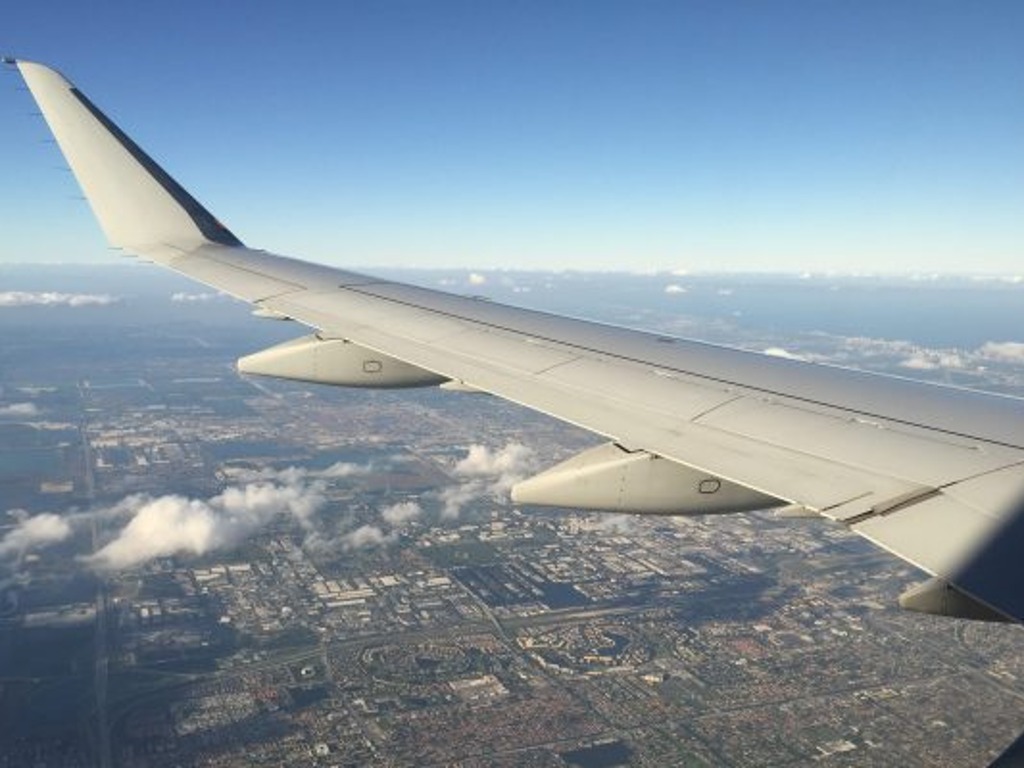IATA Reports Slower, But Steady Growth In 2019

IATA has released full-year global passenger traffic results for 2019 showing that demand (revenue passenger kilometers or RPKs) rose by 4.2% compared to the full year of 2018.
The 2019 result is a slowdown compared to 2018’s annual growth of 7.3% and marked the first year since the global financial crisis in 2009 with passenger demand below the long-term trend of around 5.5% annual growth.
Full-year 2019 capacity climbed 3.4%, and the load factor rose 0.7 percentage point to a record high of 82.6%. The previous high was 81.9% set in 2018.
December 2019 RPKs increased 4.5% against the same month in 2018. That was an improvement over the 3.3% annual growth recorded in November, primarily due to solid demand in North America.
Alexandre de Juniac, IATA’s director general and CEO, commented: “Airlines did well to maintain steady growth last year in the face of a number of challenges. A softer economic backdrop, weak global trade activity, and political and geopolitical tensions took their toll on demand. Astute capacity management, and the effects of the 737 MAX grounding, contributed to another record load factor, helping the industry to manage through weaker demand and improving environmental performance.”
2019 international passenger traffic climbed 4.1% compared to 2018, down from 7.1% annual growth the year before. Capacity rose 3.0% and load factor edged up 0.8 percentage point to 82.0%.
As for the bottom line, de Juniac said that: “2019 was a difficult year for aviation and 2020 is off to a tragic and challenging beginning.”
He said that: “The shooting down of PS 752 in January was inexcusable. Commercial aircraft are instruments of peace, not military targets. To honour the victims of this tragedy we must address this challenge with governments and stakeholders. Our thoughts are also with the injured, and the families of those who lost their lives, in the PC2193 accident in Turkey yesterday. Safety is the aviation industry’s number one priority and we are united in our desire to understand and learn from the circumstances of this tragedy.”
And IATA’s boss continued: “Today, headlines are also focused on the novel coronavirus. From our experience of past outbreaks, airlines have well-developed standards and best practices to keep travel safe. And airlines are assisting the World Health Organization (WHO) and public health authorities in efforts to contain the outbreak in line with the International Health Regulations.”
He continued: “There currently is no advice from WHO to restrict travel or trade. But it is clear that demand has fallen on routes associated with China, and airlines are responding to this by cutting capacity for both domestic and international China. The situation is evolving fast, but we are observing significant schedules adjustments for February.”
Go to www.iata.org for more.


